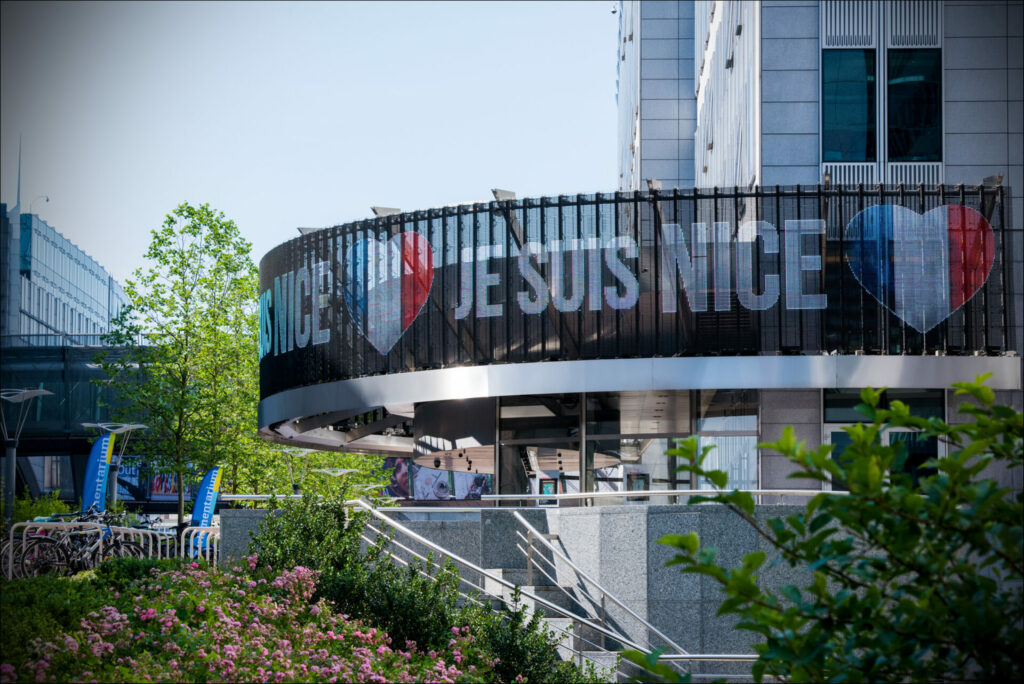France on Monday sees the start of a trial over the 2016 Bastille Day attack, when a terrorist drove into a crowd that had flocked to see fireworks at Nice's seafront, killing 86 people and injuring over 400.
After mowing through the large Bastille Day crowds for four minutes, the driver in Nice was killed by police. Those going on trial today are those accused of having assisted the attacker.
The attack was part of a wave of terrorist attacks which gripped France between 2015 and 2016. The Bastille Day attack came eight months after the 2015 attacks in Paris which killed 130 people. At the start of 2015, France was hit by the Charlie Hebdo killings, when two terrorists broke into the satirical weekly newspaper's offices, killed 12, and injured 11 others.
On the day of the attack, 25,000 people descended on Nice's Promenade des Anglais to celebrate Bastille Day. The tragedy unfolded when a large track intentionally charged into the crowd at a high speed, and continuing for 2km along the esplanade.
In the death toll, 15 children were killed, as well as many pensioners. Tourists from 33 countries were, including four Belgians. One family in Nice lost six people that day. A third of those who lost their lives were Muslim.
Another judicial reckoning
The Bastille Day trial will be held in the same courtroom which was created for the Paris attacks and will end in December.
Daesh claimed responsibility for the attack but waited for two days before doing so. Yet the terrorist organisation did not offer proof that the driver, who had a history of domestic violence and petty crimes, had any direct contact with the group.
Related News
- Brussels terror attacks victims abroad will be able to follow trials online
- Salah Abdeslam transferred to Belgium for another trial from September
- Paris court sentences Abdeslam to life in prison
Prosecutors say that the eight people on trial helped Lahouaiej-Bouhlel get weapons, rent the truck and plan the route. Three of the accused are said to be friends with the attacker and are charged with participation terrorist activities by assisting with getting weapons and the trick. The five others are accused of indirectly helping him through trafficking weapons.
Relatives of victims and survivors of the attack believe that security measures were lacking at the Bastille festivities then. Many want to see officials questioned over lax security issues. However, the trial will only focus on the attackers and will not examine security issues or how the event was organised.
Survivors and relatives of the victims insist many questions remain over what they see as a lack of adequate security to protect the Bastille celebrations that day. Many would like to see officials questioned over potential security failings. But the trial will not address issues of security or organisation of the Bastille Day event.
Up to 850 plaintiffs of the trial are based on Nice, where the trial will also be broadcast. The verdict is expected to be announced in December.

